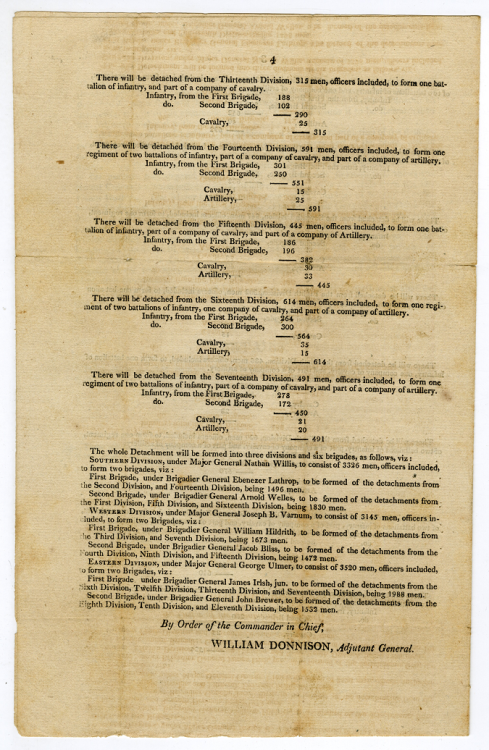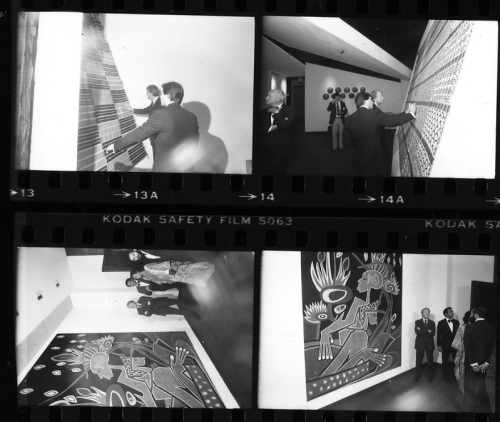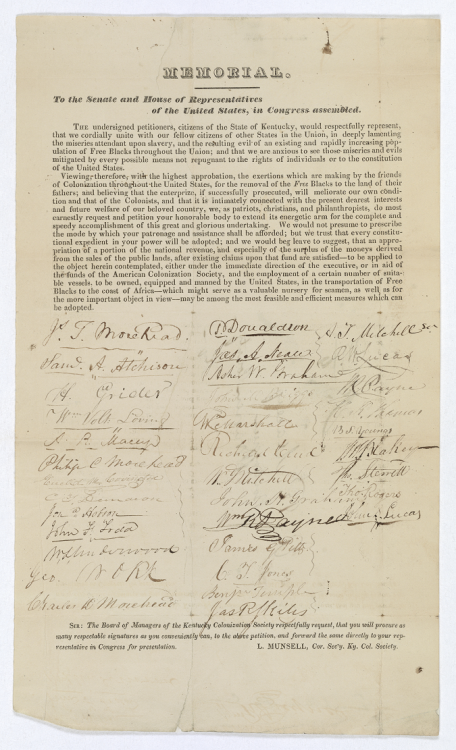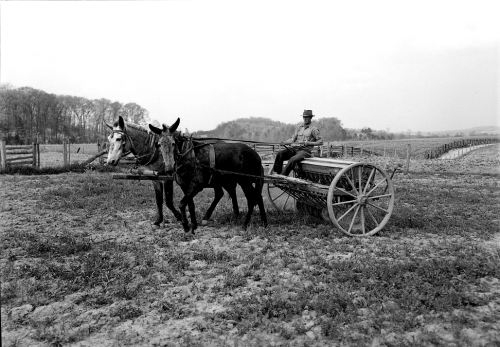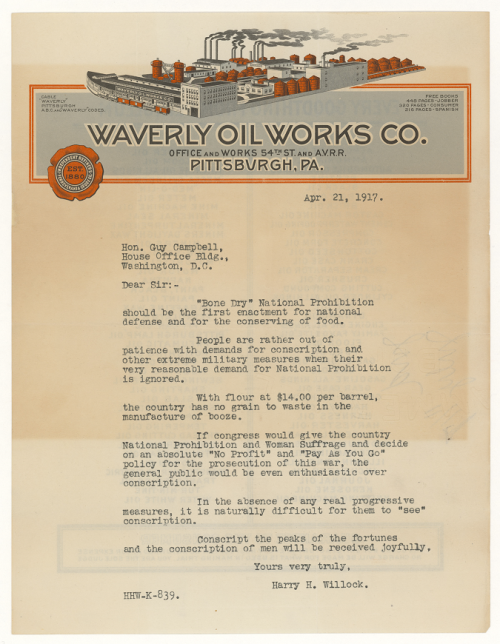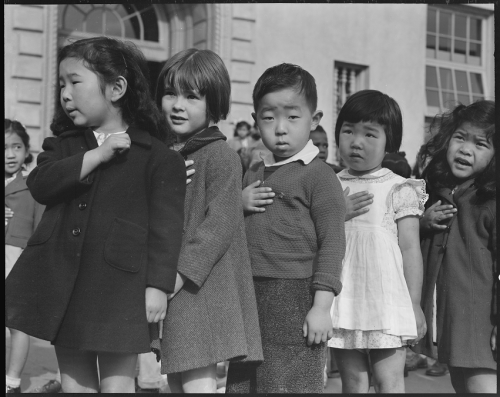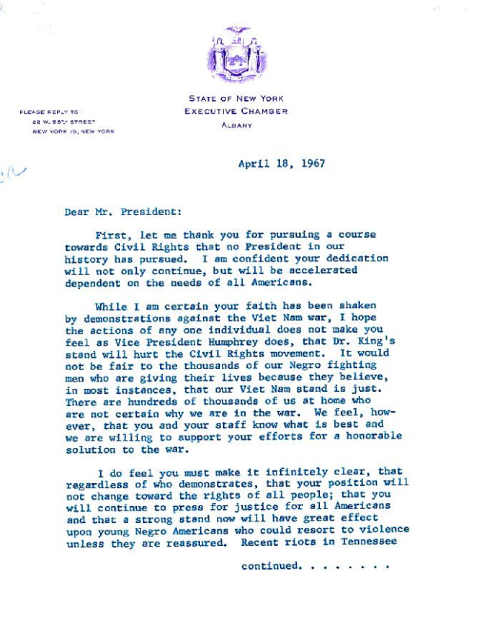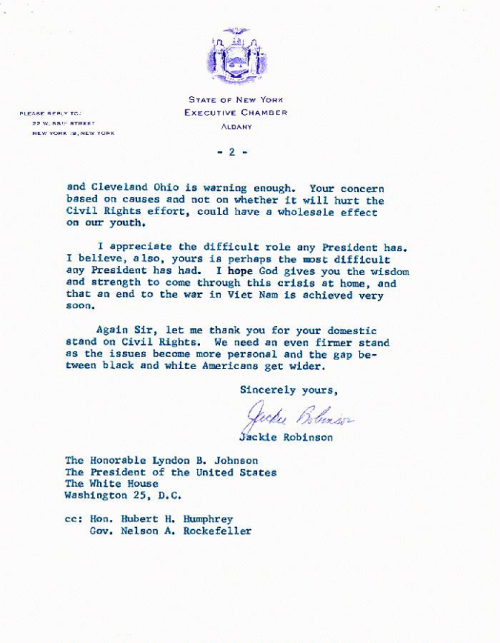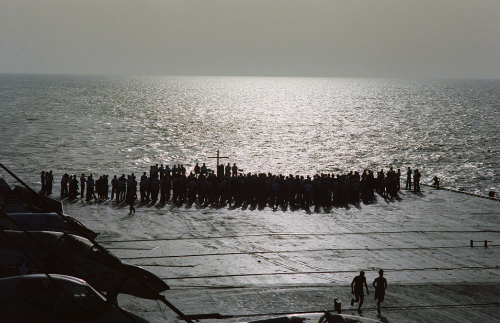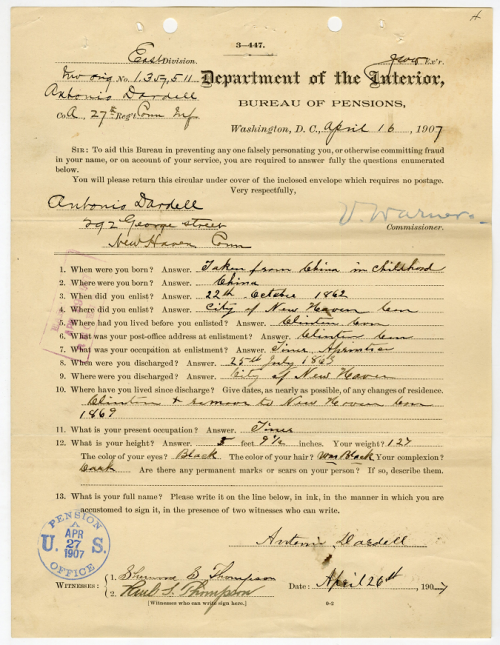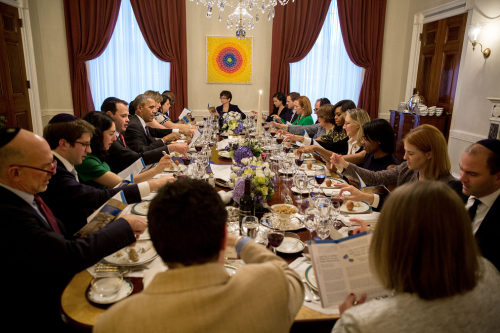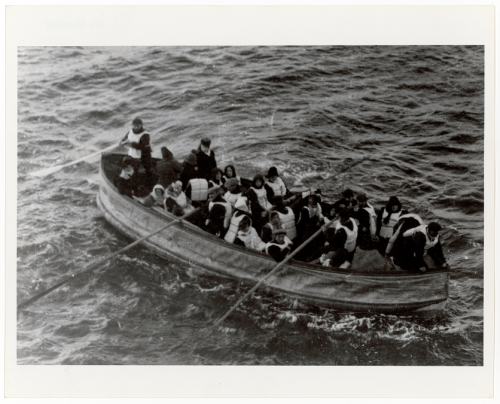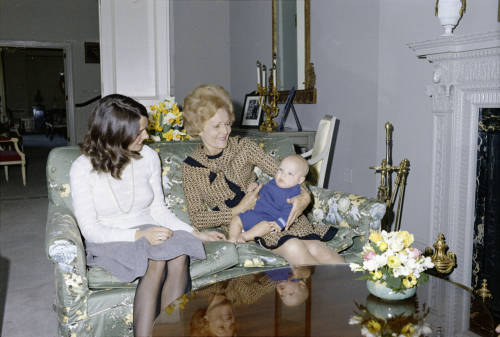#archivesgov
The War Department had rejected Capt. Joshua Phipps’ first claim for bounty land. His second application included muster rolls, his officer’s commission, and Regimental, Brigade, and General Orders, including this one issued 4/25/1812.
Series: Bounty-Land Warrant Application Files, ca. 1800 - ca. 1900
Record Group 15: Records of the Department of Veterans Affairs, 1773 - 2007
Transcription:
[along right side] Capt Joshua B. Phipps No 1
Commonwealth of Massachusetts.
General Orders. Head Quarters, Cambridge, 25th April, 1812.
The President of the United States, pursuant to an act of Congress of the 10th instant, having required of the Commander in Chief to take effectual measures for having ten thousand of the militia of Massachusetts (being her quota) detached and duly organized in companies, battalions, regiments, brigades and divisions, within the shortest period that circumstances will permit, and as nearly as possible in the following proportions, viz. one twentieth part of artillery, one twentieth part of cavalry, and the residue of infantry, and for having each corps properly armed and equipped for actual service; and it being also required, that when the detachment and organization shall have been effected, the respective corps shall be exercised by the officers set over them, but will not remain embodied, or be considered as in actual service, until by subsequent orders they shall be directed to take the field.
The Commander in Chief therefore calls upon the Major Generals of the several divisions of the Militia of this Commonwealth to use the most speedy and effectual means according to law to carry into effect this Order, and to complete the detachments within their divisions in the most expeditious manner possible. The men will be drafted before the 1st day of June next. Lists will be made out by each Captain, of the names of men by him drafted, and on the same day, specifying also the places of their residence respectively; these lists will be collected by the Adjutants of the several regiments and battalions and transmitted in an orderly manner to the Brigadier Generals who will form the men into companies in the vicinity of each other as much as possible, and complete their organization; as soon as this shall be done duplicate muster rolls will be immediately made out of each company, one of which will be retained for the Captain of the detached company, and the other will be forthwith sent to the Adjutant General. Rosters of the officers detailed for the several regiments, battalions, and corps of infantry, cavalry, and artillery, which may be formed of the detachments, will be made out and forwarded to the Adjutant General without delay. The commanding officers of the detached regiments and battalions, will also be furnished with rosters of the officers under their commands. To carry this order into effect, suitable blank forms will be furnished. The Major Generals of the local divisions will superintend the operations, and will cause to be organized the detachments from the artillery and assign the field pieces to the detached companies or parts of companies, in proportion to their numbers. One field piece only will be assigned from any one local company, and it will be observed as a rule to assign the pieces of those companies, from which the senior artillery officers are detached. The detachments of cavalry and artillery which do not form entire companies, will not be organized into companies, until they shall be called upon to march, but they will have an organization as a minor corps, and do duty in that manner, until they shall be so called on.
The officers, non-commissioned officers and privates, detached by virtue of this order, and of the Law of the United States, will be assembled and exercised by themselves under the detached officers set over them, and they will not be called upon for any militia duty in their local companies until discharged from the detachment by the orders of the Commander in Chief. They will not, however, continue embodied until they are ordered to march, but will hold themselves constantly in readiness to assemble and march at a moment’s warning. Particular attention will
[page 2]
4
There will be detached from the Thirteenth Division, 315 men, officers included, to form one battalion of infantry, and part of a company of cavalry.
Infantry, from the First Brigade, 188
do. Second Brigade, 102
— 290
Cavalry, 25
— 315
There will be detached from the Fourteenth Division, 591 men, officers included, to form one regiment of two battalions of infantry, part of a company of cavalry, and part of a company of artillery.
Infantry, from the First Brigade, 301
do. Second Brigade, 250
— 551
Cavalry, 15
Artillery, 25
— 591
There will be detached from the Fifteenth Division, 445 men, officers included, to form one battalion of infantry, part of a company of cavalry, and part of a company of Artillery.
Infantry, from the First Brigade, 186
do. Second Brigade, 196
— 382
Cavalry, 30
Artillery, 33
— 445
There will be detached from the Sixteenth Division, 614 men, officers included, to form one regiment of two battalions of infantry, one company of cavalry, and part of a company of artillery.
Infantry, from the First Brigade, 264
do. Second Brigade, 300
— 564
Cavalry, 35
Artillery, 15
— 614
There will be detached from the Seventeenth Division, 491 men, officers included, to form one regiment of two battalions of infantry, part of a company of cavalry, and part of a company of artillery.
Infantry, from the First Brigade, 278
do. Second Brigade, 172
— 450
Cavalry, 21
Artillery, 20
— 491
The whole Detachment will be formed into three divisions and six brigades, as follows, viz:
SOUTHERN DIVISION, under Major General Nathan Willis, to consist of 3326 men, officers included, to form two brigades, viz:
First Brigade, under Brigadier General Ebenezer Lathrop, to be formed of the detachments from the Second Division, and Fourteenth Division, being 1496 men.
Second Brigade, under Brigadier General Arnold Welles, to be formed of the detachments from the First Division, Fifth Division, and Sixteenth Division, being 1830 men.
WESTERN DIVISION, under Major General Joseph B. Varnum, to consist of 3145 men, officers included, to form two brigades, viz:
First Brigade, under Brigadier General William Hildrith, to be formed of the detachments from the Third Division, and Seventh Division, being 1673 men.
Second Brigade, under Brigadier General Jacob Bliss, to be formed of the detachments from the Fourth Division, Ninth Division, and Fifteenth Division, being 1472 men.
EASTERN DIVISION, under Major General George Ulmer, to consist of 3520 men, officers included, to form two Brigades, viz:
First Brigade, under Brigadier General James Irish, jun. to be formed of the detachments from the Sixth Division, Twelfth Division, Thirteenth Division, and Seventeenth Division, being 1988 men.
Second Brigade, under Brigadier General John Brewer, to be formed of the detachments from the Eighth Division, Tenth Division, and Eleventh Division, being 1532 men.
By Order of the Commander in Chief,
WILLIAM DONNISON, Adjutant General.
Post link
President Jimmy Carter at the dedication of the African Room at the Kennedy Center [section of contact sheet], 4/24/1977.
Series: Jimmy Carter’s Presidential Photographs , 1/20/1977 - 1/20/1981
Collection: White House Staff Photographers Collection, 1/20/1977 - 1/20/1981
Image description: Four photos: two of President Carter and another man touching a hanging textile; two of President Carter and other guests viewing a large tapestry depicting two stylized people amid plants.
Post link
Citizens of Kentucky wrote to Congress asking that free Black people be transported “to the land of their fathers,” 4/23/1832.
Series: Records of Early Select Committees, 1793 - 1909
Record Group 233: Records of the U.S. House of Representatives, 1789 - 2015
Transcription:
MEMORIAL.
_________
To the Senate and House of Representatives
of the United States, in Congress assembled.
THE undersigned petitioners, citizens of the State of Kentucky, would respectfully represent,
that we cordially unite with our fellow citizens of other States in the Union, in deeply lamenting
the miseries attendant upon slavery, and the resulting evil of an existing and rapidly increasing population
of Free Blacks throughout the Union; and that we are anxious to see those miseries and evils
mitigated by every possible means not repugnant to the rights of individuals or to the constitution
of the United States.
Viewing - therefore, with the highest approbation, the exertions which are making by the friends
of Colonization throughout the United States, for the removal of the Free Blacks to the land of their
fathers; and believing that the enterprize, if successfully prosecuted, will meliorate our own condition
and that of the Colonists, and that it is intimately connected with the present dearest interests
and future welfare of our beloved country, we, as patriots, christians, and philanthropists, do most
earnestly request and petition your honorable body to extend its energetic arm for the complete and
speedy accomplishment of this great and glorious undertaking. We would not presume to prescribe
the mode by which your patronage and assistance shall be afforded; but we trust that every
constitutional expedient in your power will be adopted; and we would bed leave to suggest, that an appropriation
of a portion of the national revenue, and especially of the surplus of the moneys derived
from the sales of the public lands, after existing claims upon that fund are satisfied – to be applied to
the object herein contemplated, either under the immediate direction of the executive, or in aid of
the funds of the American Colonization Society, and the employment of a certain number of suitable
vessels, to be owned, equipped and manned by the United States, in the transportation of Free
Blacks to the coast of Africa - which might serve as a valuable nursery for seamen, as well as for
the more important object in view - may be among the most feasible and efficient measures which can
be adopted.
[signatures]
Js. T. Morehead D.[?] Donaldson A.J. Mitchell Sr.
Saml. A. Atchison Jas. A. Neale R.W.Lucas
Asher W. Graham
H. Grieler [?] John [illegible] Briggs W[?] Payne
Wm. Volt. Loving Wm. Marshall [2 initials, illegible] Thomas B S Young
A.R. Macey Richard [illegible] [3 initials, illegible] _akey
Euclid M. Covington W. Mitchell Tho. Sterrett [?]
C.T. Damaron [?] John H. Graham Tho. Rogers
John H. Todd Wm. R. Payne John S. Lucas
[illegible] James G. Pitts
Geo. [illegible] C. T. Jones
Charles D. Morehead Benj. Temple Jas. R.[illegible]
SIR: [italics] The Board of Managers of the Kentucky Colonization Society respectfully request, that you will procure as
many respectable signatures as you conveniently can, to the above petition, and forward the same directly to your
representative in Congress for presentation. [/italics]
L. MUNSELL, Cor. Sec'y. Ky. Col. Society.
Post link
Mixing & Spreading Fertilizer on Russell Farm, Farragut, Tennessee, 4/22/1937.
File Unit: Historic Photographs, 1933 - 1980
Series: Historic Photographs, 1933 - 1980
Record Group 142: Records of the Tennessee Valley Authority, 1918 - 2000
Image description: Two mules (I think) pull a fertilizer distributor across a field. A man sits on top of the machine, holding the reins of the animals.
Post link
“‘Bone Dry’ National Prohibition should be the first enactment for national defense and for the conserving of food.”
Letter from Harry H. Willock, 4/21/1917.
Series: Petitions and Memorials, 1813 - 1968
Record Group 233: Records of the U.S. House of Representatives, 1789 - 2015
Transcription:
Apr. 21, 1917.
Hon. Guy Campbell,
House Office Bldg.,
Washington, D.C.
Dear Sir:-
“Bone Dry” National Prohibition should be the first enactment for national defense and for the conserving of food.
People are rather out of patience with demands for conscription and other extreme military measures when their very reasonable demand for National Prohibition is ignored.
With flour at $14.00 per barrel, the country has no grain to waste in the manufacture of booze.
If congress would give the country National Prohibition and Woman Suffrage and decide on an absolute “No Profit” and “Pay As You Go” policy for the prosecution of this war, the general public would be even enthusiastic over conscription.
In the absence of any real progressive measures, it is naturally difficult for them to “see” conscription.
Conscript the peaks of the fortunes and the conscription of men will be received joyfully.
Yours very truly,
Harry H. Willock.
HHW-K-839.
Post link
First-graders recite the Pledge of Allegiance at their school in San Francisco. People of Japanese ancestry, including children, would soon be removed from their homes on the West Coast and sent to incarceration camps. 4/20/1942.
Series: Central Photographic File of the War Relocation Authority, 1942 - 1945
Record Group 210: Records of the War Relocation Authority, 1941 - 1989
Image description: Children, some of Asian descent and some of European descent, stand in a line and hold their right hands over their hearts. One little boy is looking directly at the camera.
Post link
A group attends a Department of Transportation Earth Day wildlife presentation given by an Earth Conservation Corps volunteer outside DOT headquarters, 4/19/2012
Record Group 398: General Records of the Department of Transportation, 1958 - 2005
Image description: A group of small children accompanied by several adults pose for a photo with a man holding a raptor (possibly a red-tailed hawk). At least four of the girls are wearing fluffy pink tutus over their jeans.
Post link
“I do feel you must make it infinitely clear, that regardless of who demonstrates, that your position will not change toward the rights of all people … “ Jackie Robinson to LBJ, 4/18/1967.
Series: White House Subject Files on Human Rights, 11/22/1963 - 1/20/1969
Collection: White House Central Files (Johnson Administration), 11/22/1963 - 1/20/1969
Transcription:
State of New York
Executive Chamber
Albany
Please Reply to
22 W. 55th Street
New York 10, New York
April 18, 1967
Dear Mr. President:
First, let me thank you for pursuing a course towards Civil Rights that no President in our history has pursued. I am confident your dedication will not only continue, but will be accelerated dependent on the needs of all Americans.
While I am certain your faith has been shaken by demonstrations against the Viet Nam war, I hope the actions of any one individual does not make you feel as Vice President Humphrey does, that Dr. King’s stand will hurt the Civil Rights movement. it would not be fair to the thousands of our Negro fighting men who are giving their lives because they believe, in most instances, that our Viet Nam stand is just. There are hundreds of thousands of us at home who are not certain why we are in the war. We feel, however, that you and your staff know what is best and we are willing to support your efforts for a honorable solution to the war.
I do feel you must make it infinitely clear, that regardless of who demonstrates, that your position will not change toward the rights of all people; that you will continue to press for justice for all Americans and that a strong stand now will have great effect upon young Negro Americans who could resort to violence unless they are reassured. Recent riots in Tennessee
continued… … . .
[page 2]
State of New York
Executive Chamber
Albany
Please Reply to
22 W. 55th Street
New York 10, New York
and Cleveland Ohio is warning enough. Your concern based on causes and not on whether it will hurt the Civil Rights effort, could have a wholesale effect on our youth.
I appreciate the difficult role any President has. I believe, also, yours is perhaps the most difficult any President has has. I hope God gives you the wisdom and strength to come through this crisis at home, and that an end to the war in Viet Nam is achieved very soon.
Again Sir, let me thank you for your domestic stand on Civil Rights. We need an even firmer stand as the issues become more personal and the gap between black and white Americans get wider.
Sincerely yours,
Jackie Robinson (signature)
Jackie Robinson
The Honorable Lyndon B. Johnson
The President of the United States
The White House
Washington 25, D.C.
Post link
Happy Easter!
Easter Sunrise Service is held on the flight deck of the aircraft carrier USS CORAL SEA (CV 43), 4/6/1980
Series: Combined Military Service Digital Photographic Files, 1982 - 2007
Record Group 330: Records of the Office of the Secretary of Defense, 1921 - 2008
Image description: On the deck of an aircraft carrier, silhouetted against sunlight reflected on the sea, a crowd of people gather around a simple cross.
Post link
Serena Williams returns a shot at the Family Circle Cup Tennis Tournament on Daniel Island in Charleston, SC, 4/17/2002
Series: Combined Military Service Digital Photographic Files, 1982 - 2007
Record Group 330: Records of the Office of the Secretary of Defense, 1921 - 2008
Image description: Serena Williams yells as she hits the ball with her racket.
Post link
In response to “When were you born?” Civil War soldier Antonio Dardell answered, “Taken from China in childhood,” on this questionnaire, 4/16/1907.
Record Group 15: Records of the Department of Veterans Affairs, 1773 - 2007
Transcription:
3-447
East Division.
[illegible] Ex'r.
Inv orig No. 1,357,511
Antonio Dardell
Co. A, 27th Reg’t Conn Inf
Department of the Interior,
BUREAU OF PENSIONS,
Washington, D.C., April 16, 1907
SIR: To aid this Bureau in preventing any one falsely personating you, or otherwise committing fraud in your name, or on account of your service, you are required to answer fully the questions enumerated below.
You will please return this circular under cover of the inclosed envelope which requires no postage.
Very respectfully,
V. Warner.
Commissioner
Antonio Dardell
292 George street
New Haven, Conn
1. When were you born? Answer. Taken from China in childhood
2. Where were you born? Answer. China
3. When did you enlist? Answer. 22th October 1862
4. Where did you enlist? Answer. City of New Haven Con
5. Where had you lived before you enlisted? Answer. Clinton Con
6. What was your post-office address at enlistment? Answer. Clinton Con
7. What was your occupation at enlistment? Answer. Tiner Aprentice
8. When were you discharged? Answer. 25th July 1863
9. Where were you discharged? Answer. City of New Haven
10. Where have you lived since discharge? Give dates, as nearly as possible, of any changes of residence. Clinton + remove to New Haven Con 1869
11. What is your present occupation? Answer. Tiner
12. What is your height? Answer. 5 feet 9 ½ inches. Your weight? 127 The color of your eyes? Black The color of your hair? Was Black Your complexion? Dark Are there any permanent marks or scars on your person? If so, describe them.
13. What is your full name? Please write it on the line below, in ink, in the manner in which you are accustomed to sign it, in the presence of two witnesses who can write.
Antonio Dardell
[circular stamp]
PENSION
A
APR
27
1907
U.S.
OFFICE [end stamp]
WITNESSES: [curly bracket around 1 and 2]
1. Sherwood S Thompson
2. Rwl [?] S. Thompson
[square bracket] Witnesses who can write sign here. [close square bracket]
Date: April 26th, 1907
0-2
Post link
Happy Passover!
The Obamas host a Passover Seder with friends and staff, 4/28/2016.
Series: Presidential Photographs, 1/20/2009 - 1/20/2017
Collection: Records of the White House Photo Office (Obama Administration), 1/20/2009 - 1/20/2017
Image description: About 20 people sit around a large dining table, which is set for a Seder and decorated with purple, white, and light green flowers. The attendees are each reaching out to dip a finger in their wine glass.
Post link
A lifeboat carries survivors of the Titanic disaster, 4/15/1912.
Series: Admiralty Case Files, 1790 - 1966
Record Group 21: Records of District Courts of the United States, 1685 - 2009
Image description: A boat, pointed at both ends, with about 25 people in it. Most of the people are wearing life jackets over their clothing.
Post link
First Lady Pat Nixon holding Justin Trudeau, the son of Canadian Prime Minister Pierre Trudeau, and Margaret Trudeau, Government House, Ottawa, Canada, 4/14/1972
Series: Nixon White House Photographs, 1/20/1969 - 8/9/1974
Collection: White House Photo Office Collection (Nixon Administration), 1/20/1969 - 8/9/1974
Image description: Mrs. Nixon and Mrs. Trudeau sit on a green floral couch. They are both smiling at baby Justin Trudeau, who is sitting on Mrs. Nixon’s lap. The baby is not quite four months old and wearing a blue onesie.
Post link


